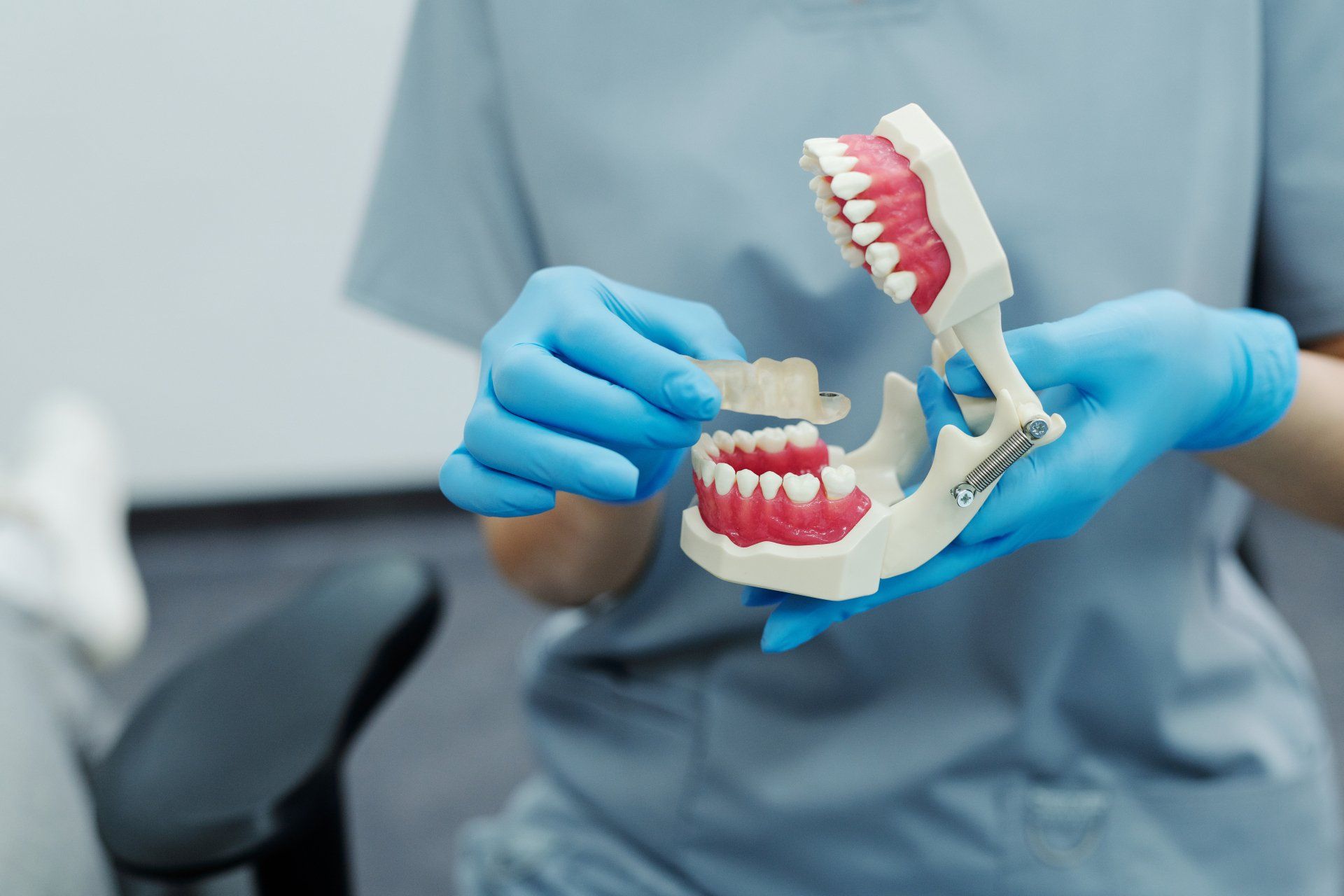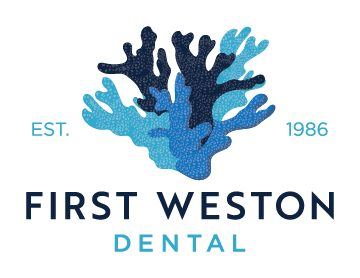TMJ/Bruxism

Achieve Migraine Relief with the NTI® Tension Suppression System
If you are one of the nearly 30 million Americans who suffer from migraines help is available. The NTI® Tension Suppression System is an FDA approved device that has been demonstrated to considerably reduce or eliminate migraine and migraine associated tension headache pain and jaw disorders (“TMJ”). The NTI-TSS works without drugs, without surgery and without side effects.
Patients who experience migraine headaches typically contract their jaw muscles more frequently while sleeping. The NTI-TSS is a small, removable device that is worn while sleeping to reduce neuromuscular activity that may cause migraines. The device is custom fit to a patient’s front teeth by their dentist. If you are looking for options like a mouth guard in Weston FL, few Weston dental practices have the expertise to treat conditions like clenching and headache relief.
Few Weston dental practices have the expertise to treat conditions like clenching and headache relief. Call us for more info about bruxism in Weston FL.
